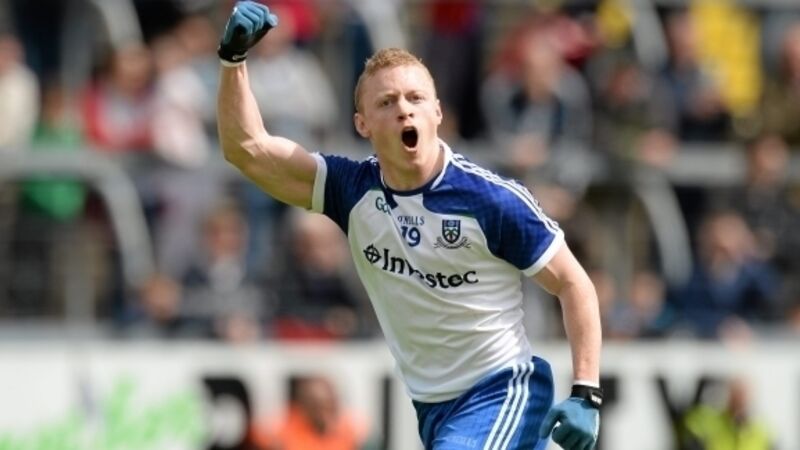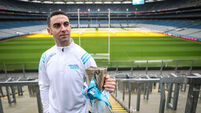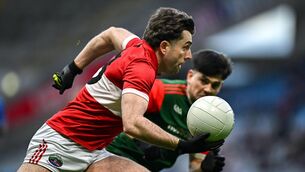Micheál Quirke: The importance of the GAA sub

Death was only around the corner apparently. But that talk has skulked away and subsided quicker than Joe Brolly did last weekend after making that wholly inappropriate joke about Marty Morrissey live on air.
Two rip-roaring, high-quality Ulster championship games in as many weeks have raised both the pulse and the expectations for the season ahead.














